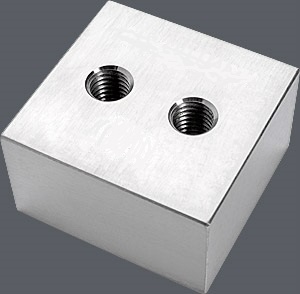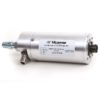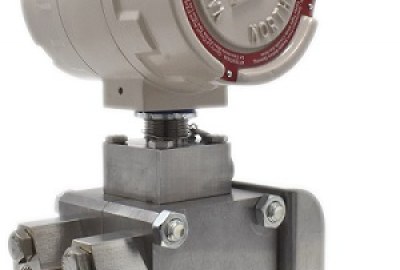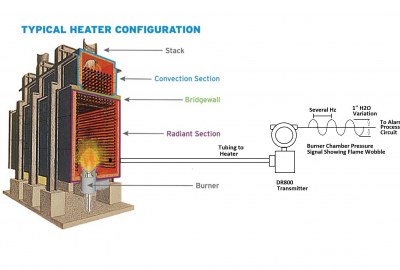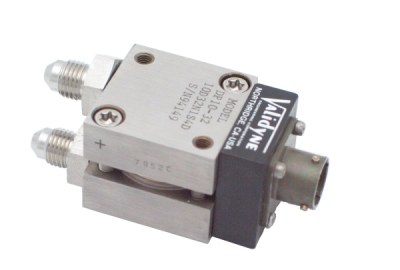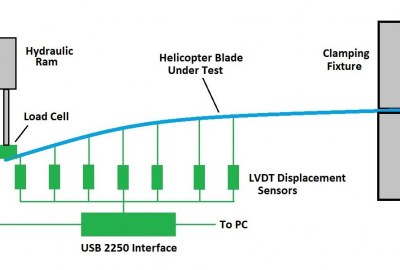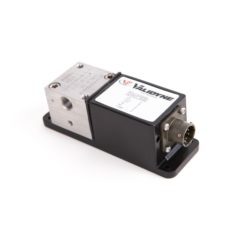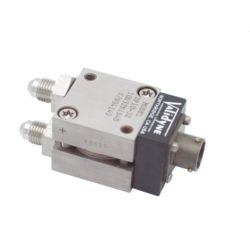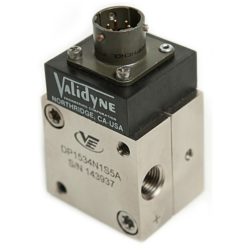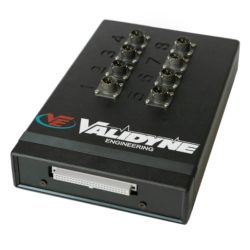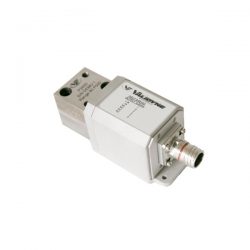Aerospace, Oil & Gas, Pressure Measurement, Utility
Corrosion Resistance of Validyne Pressure Transducers
Pressure transducers are exposed to a wide variety of fluids and gases when used to measure pressure. Corrosion of the pressure transducer sensor body will shorten service life and lead to costly downtime if material selection is not carefully considered. This article will cover the basics of material selection for Validyne pressure transducers so that the best possible performance and adequate corrosion protection can be ensured prior to purchase.
Validyne offers three types of sensor body materials that will provide appropriate protection for most pressure measurement applications: 410 SS, 316 SS and Inconel. 316 SS and Inconel pressure transducers are supplied with a teflon-coated 410 SS sensing diaphragm needed for the Validyne inductive sensing technology to operate correctly.
410 SS
410 is the standard material for Validyne transducers and does best when used with air, inert gases, or hydrocarbon-based fluids. Oxidizing environments – or fluids containing chlorides – will cause 410 SS to corrode and pit, sometimes rapidly. Water-based fluids, fluids containing salts, or corrosive chemicals should not be used with 410 SS.
Validyne offers the P365 High Pressure Transducer and the P368 Digital High Pressure Transducer with the 410 SS option.
316 SS
316 SS is the standard steel for instrumentation and has a high degree of resistance to water-based fluids and mildly corrosive chemicals. 316 SS also does well in fluids with low concentrations of chlorides, but is attacked by nonoxidizing acids such as sulfuric and hydrochloric acid in most concentrations. 316 SS has good resistance to alkaline solutions, organic acids, and other organic compounds.
Validyne offers a wide range of pressure sensors and pressure transducers with 316 SS. The DP15 Variable Reluctance Pressure Sensor Capable of Range Changes, P55 Pressure Transducer and P61 USB Pressure Transducer are some of the pressure transducers that can be ordered in 316 SS option.
Inconel
Inconel is a superior material, ideal for corrosive applications, and is best reserved for systems containing high concentrations of chlorides such as salt water or brine.
Validyne offers a full range of pressure sensors and transducers in inconel. From low-static pressure transducers to high-static pressure transducers, we offer the DP15 Variable Reluctance Pressure Sensor Capable of Range Changes, P55 Pressure Transducer, P61 USB Pressure Transducer, P365 High Pressure Transducer and the P368 Digital High Pressure Transducer.
Fluids to Avoid
Fluids containing hydrogen or hydrogen sulfide should not be allowed to come in contact with Validyne transducers. Almost all metals lose ductility when they absorb hydrogen, especially at temperatures below 100 °C. Hydrogen molecules can enter the sensor body metals at the grain edges and this will cause embrittlement of the metal that can lead to pressure boundary failure. Additionally, hydrogen sulfide is poisonous and hydrogen gas is extremely explosive.
Corrosion of Validyne transducers is not covered by the warranty. The proper choice of sensor body material will enhance pressure transducer performance and increase the life of the pressure transducers.
Comments are closed

